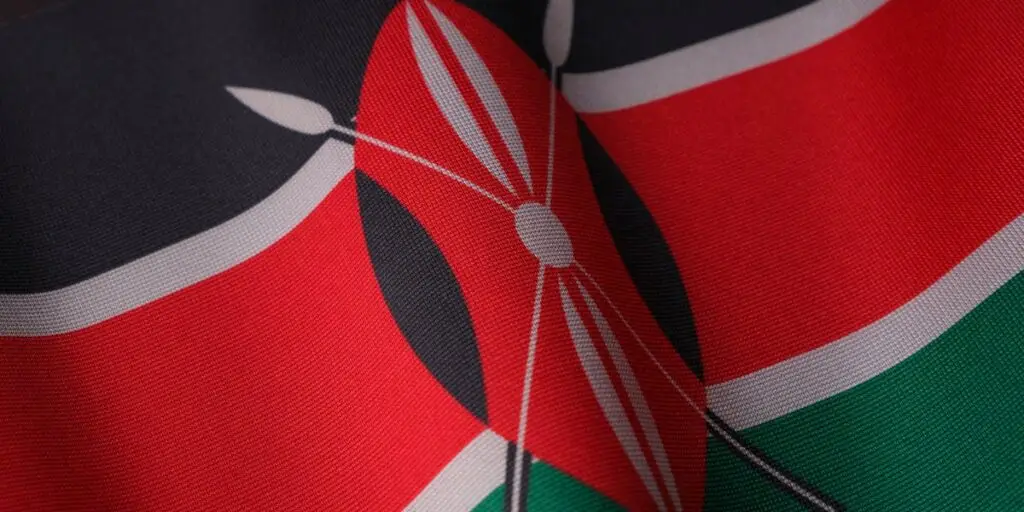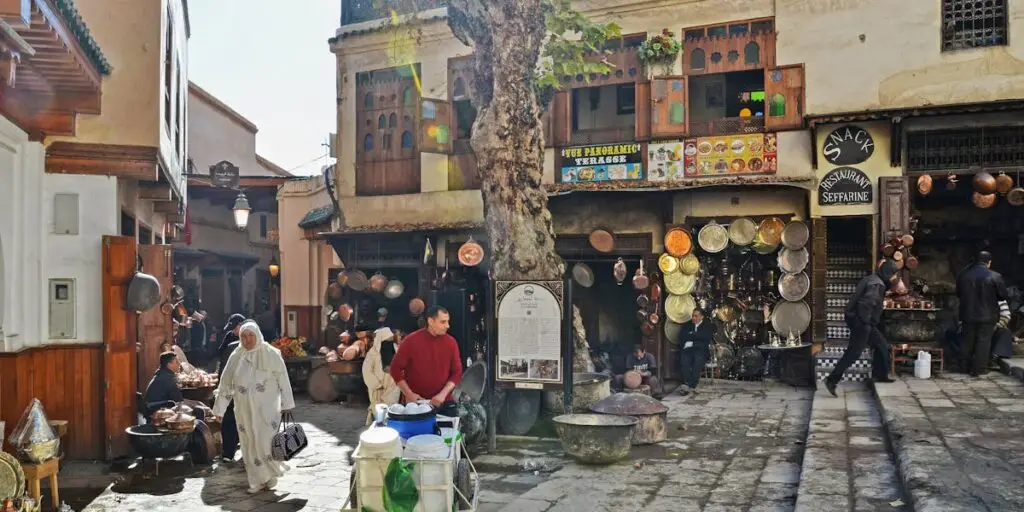Describe the Various Features of Foreign Trade and Investment in Africa
Foreign trade and investment play a crucial role in Africa’s economic growth and development. Africa is rich in natural resources, including oil, gold, diamonds, and agricultural products, making it an attractive destination for foreign investors and global trade partners. Over the years, Africa has developed strong trade relationships with countries like China, the United States, […]
Describe the Various Features of Foreign Trade and Investment in Africa Read More »


